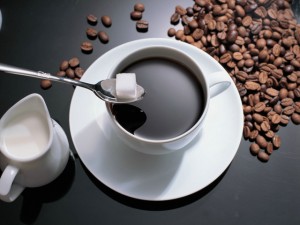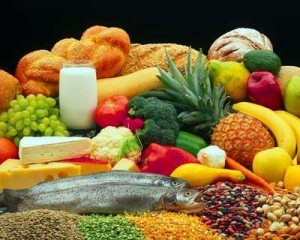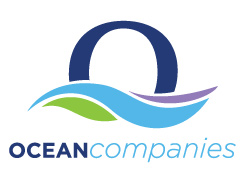Ocean Companies Safety Tip of the Week – Energy Drinks
Do You Really Need an Energy Drink?
Energy drinks are coming off the shelves at an alarming rate and the majority of them are purchased by, but not limited to, people under the age of 25. Two of my children, one by birth and one by choice, are in their 30’s and enjoy their occasional energy drinks. A local coffee stand makes a smoothie out of them and you can go into about any bar, if you’re old enough, and have a mixed drink that contains them.
Most of these drinks contain more sugar and in most cases many times the amount of caffeine as in a soda or cup of coffee. There are studies that indicate that excessive caffeine from energy drinks can cause adverse reactions such as arrhythmia, or irregular heartbeats; hypertension, or high blood pressure; dehydration and other more serious medical conditions. Combining energy drinks with alcohol or drugs, either prescription or illegal, raises the risk of serious, even life-threatening injury, as well as the likelihood of engaging in risky behaviors such as driving under the influence.
Many people reading this article will probably know at least one person that has had a doctor or hospital visit, or should have seen a doctor, for adverse reactions caused from drinking energy drinks. I personally know two, one in his late 20’s, who started drinking them in junior high school and now has problems with arrhythmia, and one in his 60’s who was severely dehydrated and hospitalized for over a week. We thought we were going to lose him!
Check out the following website and find out how much caffeine your drink of choice or energy candy has:
http://www.energyfiend.com/the-caffeine-database
In Pediatrics: Official Journal of the American Academy of Pediatrics February 14, 2011 edition, there is a 20 page study on the “Health effects of Energy Drinks on Children, Adolescents, and Young Adults”, that says
“…according to surveys, energy drinks are consumed by 30% to 50% of adolescents and young adults. Frequently containing high and unregulated amounts of caffeine, these drinks have been reported in association with serious adverse effects, especially in children, adolescents and young adults with seizures, diabetes, cardiac abnormalities, or mood and behavioral disorders or those who take certain medications. Of the 5,448 US caffeine overdosed reported in 2007, 46% occurred in those younger than 19 years.”
“Energy drinks used in excess or in combination with alcohol or drugs can pose a serious health risk,” said SAMHSA Administrator Pamela S. Hyde. “The beverage industry, consumer groups, community coalitions, the healthcare community, teachers, parents and others must get the word out that quick fix energy drinks are not a solution and carry great risks, especially in combination with other substances of abuse. Sleep, exercise and a healthy diet rather than stimulants in a beverage are the keys to quality performance, sustained success, and overall wellness.”
If you really need more energy, try eating healthy foods; like fruits and veggies, drinking good old fashioned milk or orange juice, exercise and get the recommended amount of sleep. It may take a couple weeks to really feel it, but you will eventually feel it. Most importantly, when you get to be my age, you will feel better for it.
Sources: Pediatrics: Official Journal of the American Academy of Pediatrics, Substance Abuse and Mental Health Services Administration
– Cherie




